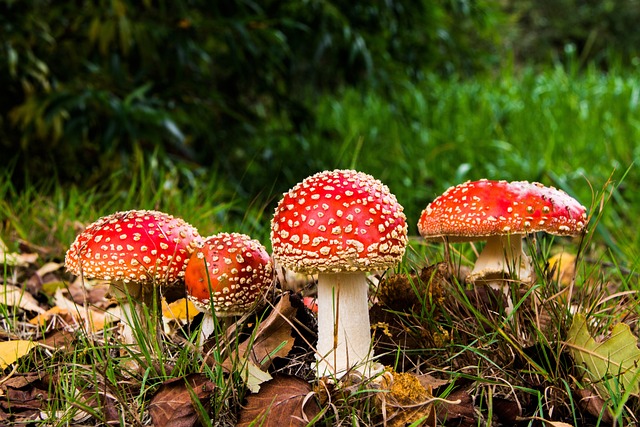A Beginner’s Guide to Prebiotics and How They Work with Probiotics
When we think about gut health, most of us immediately think of probiotics. But have you heard about prebiotics? They’re an essential part of maintaining a healthy gut, and they work together with probiotics to keep our digestive system functioning properly.
What are Prebiotics?
In simple terms, prebiotics are a type of dietary fiber that our bodies cannot digest. Instead, they pass through the digestive system mostly undigested, until they reach the colon. Once they reach the colon, they serve as food for the beneficial bacteria living there.
Prebiotics are found naturally in many foods, including:
- Asparagus
- Bananas
- Garlic
- Onions
- Chicory root
- Whole grains
What are Probiotics?
Probiotics are live bacteria and yeasts that are good for our health, especially our digestive system. They are found naturally in fermented foods such as yogurt, kefir, sauerkraut, and kimchi. They can also be taken as supplements.
Probiotics work by colonizing our gut with beneficial bacteria, which help to keep our digestive system healthy and functioning properly. They can also help to boost our immune system and may offer other health benefits.
How Do Prebiotics Work with Probiotics?
Prebiotics and probiotics work together in a symbiotic relationship. Prebiotics serve as food for the beneficial bacteria in our gut, helping them to survive and thrive. Without prebiotics, probiotics would not be as effective in colonizing our gut.
When we consume prebiotic-rich foods, we are essentially feeding the good bacteria in our gut. This can help to increase the number and variety of beneficial bacteria in our gut, which can improve our digestion and overall gut health.
Benefits of Prebiotics and Probiotics
Both prebiotics and probiotics offer a number of health benefits:
- Improved digestion: By promoting the growth of beneficial bacteria in our gut, prebiotics and probiotics can help to improve our digestion and alleviate digestive issues such as constipation, bloating, and diarrhea.
- Boosted immunity: The gut is home to 70% of our immune system, and having a healthy gut can help to boost our overall immunity.
- Lowered inflammation: A healthy gut can help to reduce inflammation in the body, which is linked to a number of chronic conditions such as arthritis, diabetes, and heart disease.
- Improved mental health: Research has found that the gut-brain connection plays a significant role in our mental health, and a healthy gut can help to improve our mood and reduce symptoms of depression and anxiety.
How to Incorporate Prebiotics and Probiotics into Your Diet
Getting enough prebiotics and probiotics in your diet is easy, and there are a variety of foods and supplements to choose from. Here are a few tips:
- Eat prebiotic-rich foods: Incorporate asparagus, bananas, garlic, onions, chicory root, and whole grains into your diet.
- Try fermented foods: Yogurt, kefir, sauerkraut, and kimchi are all great sources of probiotics.
- Take a probiotic supplement: If you’re not getting enough probiotics in your diet, consider taking a daily supplement.
Remember, a healthy gut is key to overall health and well-being. By incorporating prebiotics and probiotics into your diet, you can improve your digestion, immunity, and mental health.
Conclusion
Prebiotics and probiotics are both essential for maintaining a healthy gut. Prebiotics serve as food for the beneficial bacteria in our gut, while probiotics colonize our gut with these beneficial bacteria. By working together in a symbiotic relationship, prebiotics and probiotics can improve our digestion, boost our immunity, and offer a number of other health benefits







